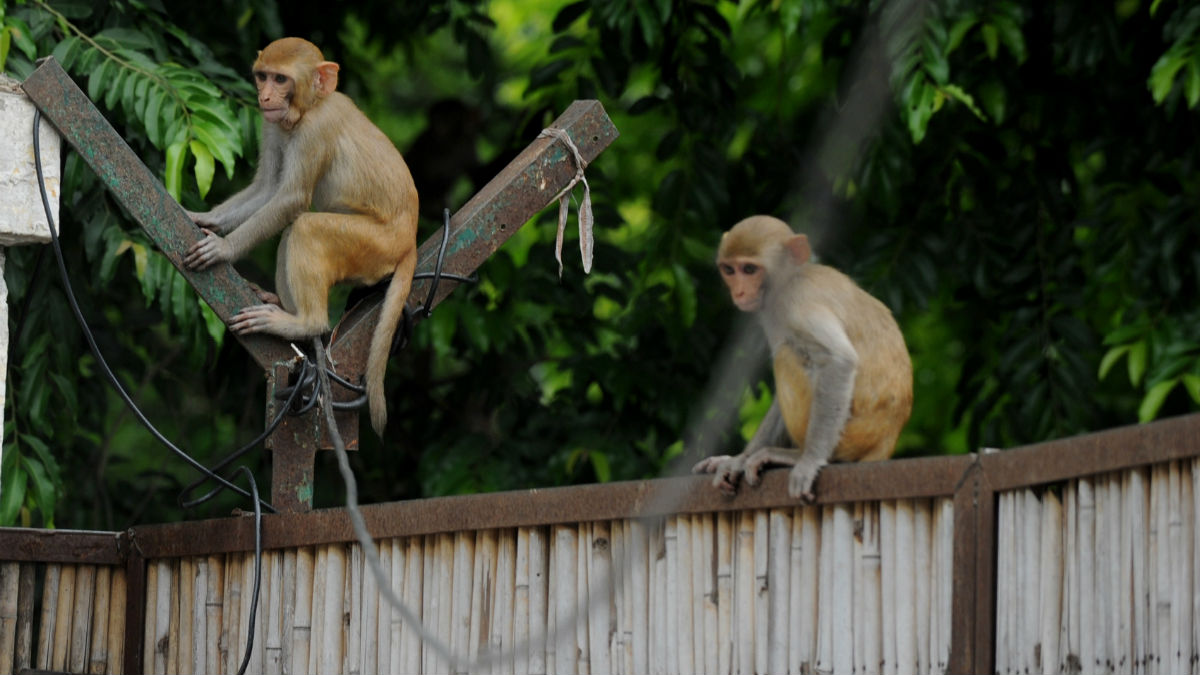Surgeon claims to have carried out head transplant
Team hails 'successful' procedure on monkey and sets deadline for human operation

A free daily email with the biggest news stories of the day – and the best features from TheWeek.com
You are now subscribed
Your newsletter sign-up was successful
An Italian surgeon claims to have carried out the world's first head transplant on a monkey and plans to repeat the procedure on a living human by the end of next year.
Professor Sergio Canavero, working with researchers in China and South Korea, says he successfully grafted the head of a rhesus monkey on to the body of another at the Harbin Medical University in China.
On one level, the operation appears to have been a "success", said The Times, after the blood vessels in the donor's neck were hooked up to the other head without any obvious brain damage. However, there was no attempt to join the spinal cord, meaning the animal could not move, and the test subject was only allowed to live for 20 hours for ethical reasons.
The Week
Escape your echo chamber. Get the facts behind the news, plus analysis from multiple perspectives.

Sign up for The Week's Free Newsletters
From our morning news briefing to a weekly Good News Newsletter, get the best of The Week delivered directly to your inbox.
From our morning news briefing to a weekly Good News Newsletter, get the best of The Week delivered directly to your inbox.
Valery Spiridinov, a 31-year old Russian computer scientist who suffers from a rare muscle-wasting disease, is hoping to be the first person to have a head transplant in a "landmark" experiment set to be carried out by Christmas 2017.
The procedure has been greeted with scepticism from the scientific community along with condemnation from animal rights groups. Canavero's chief colleague in the experiment, Dr Xiaoping Ren, has already come under fire after admitting he had carried out head-transplant experiments on more than 1,000 mice.
As for self-described "maverick" Canavero, he caused a "worldwide storm" when, in an interview with New Scientist last year, he said he would be ready to transplant a human head within two years.
The fact he has gone public with the latest results before they have been officially published has also "raised eyebrows", said the publication yesterday. Official accounts of the procedure are set to be released in the journals Surgery and CNS Neuroscience and Therapeutics over the next few months.
A free daily email with the biggest news stories of the day – and the best features from TheWeek.com
"It's science through public relations," said Arthur Caplan, a bioethicist at New York University School of Medicine. "When it gets published in a peer-reviewed journal, I'll be interested. I think the rest of it is BS."